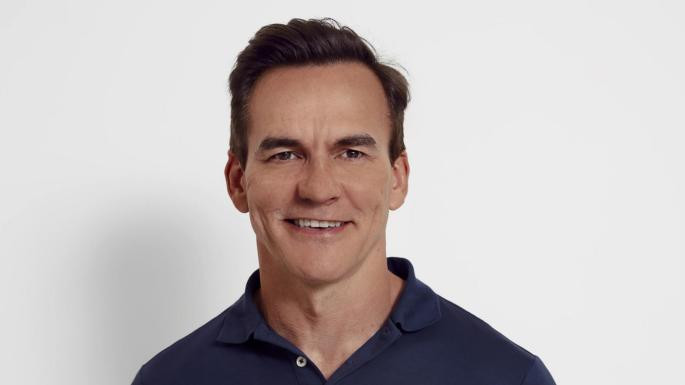The secretary to billionaire UK businessman, Matthew Moulding has retired after giving his staffers £21 million.
Moulding landed a gigantic £830 million payout after going public with his company- The Hut Group.
The 48-year-old, who launched his company with John Gallemore in 2004, has amassed a lot of wealth over the last 16 years.
Moulding first started out selling CDs online but now has a huge range of more than 100 websites focused on health and beauty.
His firm also sells a range of goods, from cosmetics to protein supplements, as well as being the force behind brands like Honda and Nestle.
He launched The Hut Group onto the stock market in September, and it’s share prices skyrocketed since, giving Moulding a record-shattering £830 million payout.
According to the father-of-four, he is a self-confessed workaholic and manages his empire almost exclusively on his mobile phone taking as much as 20 shots of coffee every week.
Moulding vowed to donate the entirety of his £750,000 annual salary to charity. He also gave £10 million of his fortune to support Covid relief efforts during the coronavirus pandemic and donated £2 million of PPE to frontline workers on top of that.
He also shared a massive £21million of shares between his staff turning several workers into multi-millionaires. Moulding’s own secretary made so much money from the shares that she was able to retire at the age of 36.
He added: “No one in the scheme received less than a couple of hundred grand.”
Moulding said at the time: “With the rise of [Jeremy] Corbyn, there is a lot of anti-business sentiment around, but there are people in business who want to do the right thing. No one is perfect, but we are wanting to share the wealth.”
A spokesman for The HutGroup said to Mirror UK: “We are delighted with the market reaction to our IPO and that all of our shareholders are benefiting from the strong performance of the business.
“The equity scheme was put in place when THG was a private company, and we are delighted that over 200 THG staff have already shared in the scheme, worth around £200 million today.”

